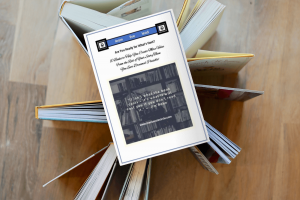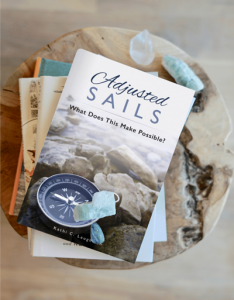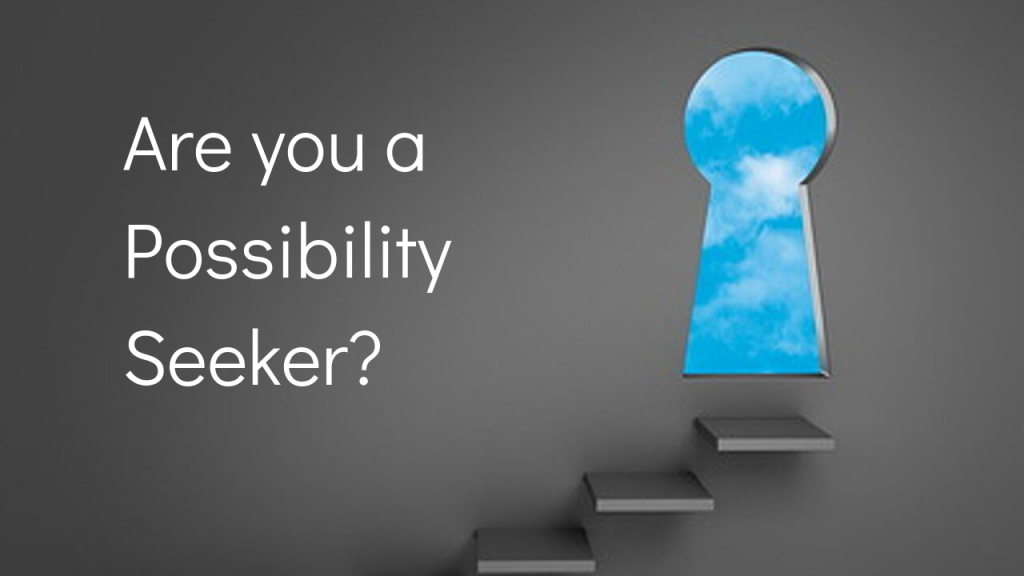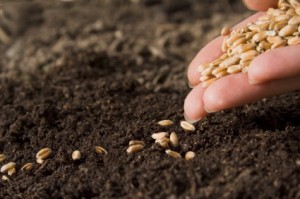 In his teachings, Earl Nightingale talks about each of us being like farmers and compares our lives to their plot of land. It is up to us to cultivate that land, to plant the seeds, to weather the storms and to bring in our harvest.
In his teachings, Earl Nightingale talks about each of us being like farmers and compares our lives to their plot of land. It is up to us to cultivate that land, to plant the seeds, to weather the storms and to bring in our harvest.
Whatever happens above, under and around our plot of land happens to everyone. If there’s rain – it rains on everyone’s land. If there is a draught – everyone has to deal with it. How the farmer prepares the land determines how those universal events effect it in many cases. Land can be cultivated so that it has the right elevation for drainage. It can also be irrigated with alternate hydration sources. Those are decisions (and investments) the farmer makes in the land in order to give it the best possible chance to produce the crops desired.
The farmer also must decide what kind of crops he (or she) wants to harvest. After all, what comes up from the ground is going to be determined by what they put in the ground. We can’t be surprised if we get get wheat instead of corn if we didn’t plant corn seed. We shouldn’t expect an oak tree if a pecan seed is what we planted. But that is quite often what we do with the plot of land called our life. We want a certain outcome (crop) from our life but we don’t plant those seeds. Then we are disappointed when we get a result we didn’t want.
If we want sustaining health, we must plant seeds of health. If we want abundance financially, we must plant seeds of financial health. If we want a masterpiece life, we must plant seeds of mastery. Whatever you want from this experience we call life, you have to plant those seeds and allow them to grow. A good friend from my college days experienced her final days here on earth this past week. As I read all of the posts from those that have known and loved her over the years since our time together it was clear that the seeds she planted were of excellence, warmth, love and faith. What a special reminder to those with days yet ahead to take care with “seeds” and both select and plant them well.
It remains fascinating to me that within the seed, there lies the potential of a forest. Just as the potential of our lives, begins with our days. What seeds have you planted? Are they going to bring the life forest you desire?





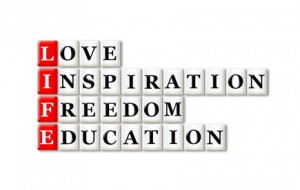 Any time that one of the truly great leaders of our time leaves us it is fitting to pause and celebrate their contribution to the world. It is also important within that reflection to think about and be grateful for the lessons that have generated meaningful change impacting us personally.
Any time that one of the truly great leaders of our time leaves us it is fitting to pause and celebrate their contribution to the world. It is also important within that reflection to think about and be grateful for the lessons that have generated meaningful change impacting us personally.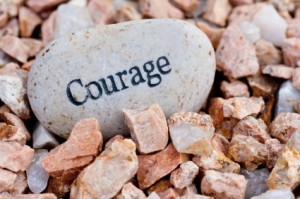

 He remains one of the most influential and quoted writers of 19
He remains one of the most influential and quoted writers of 19